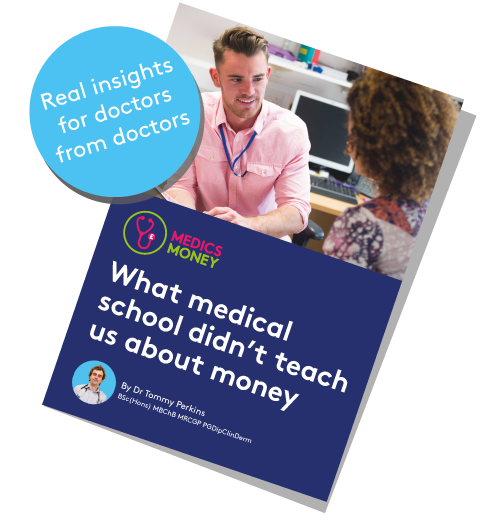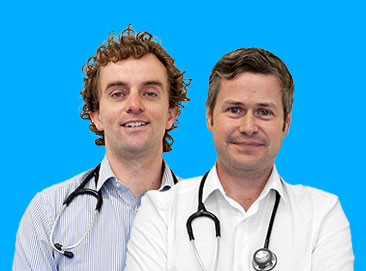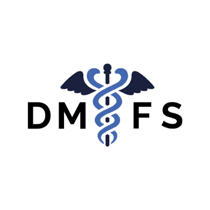This does not constitute advice. Professional advice should be taken prior to acting on any part of it.
Dental and Medical Financial Services Limited is an appointed representative of Best Practice IFA Group Limited, which is authorised and regulated by the Financial Conduct Authority.
The new tax year is a fresh start and a great opportunity for doctors to engage in proactive tax planning to optimise their financial position. The period right at the beginning of the tax year presents valuable opportunities to minimise tax liabilities, especially for high earners. And with the recent changes introduced in last year’s Autumn Budget, it is essential to review various tax allowances and strategies that can significantly impact your financial situation. Find out more about tax planning strategies to take advantage of at the start of the tax year.
Annual tax allowances to consider
It’s essential to stay informed about the current tax regulations and strategies that can maximise your savings and minimise your tax liabilities. Here’s an overview of key tax-efficient opportunities to consider for 2025/26.
Pension contributions:
Pensions remain one of the most tax-efficient ways to save for retirement. However, changes in the Budget mean pensions will be subject to inheritance tax (IHT) from 2027/28. For the 2025/26 tax year, the annual allowance for pension contributions is £60,000. If your adjusted income exceeds £260,000, your annual allowance may taper down to £10,000. So, it’s especially important for high earners to maximise their pension contributions, especially using any unused allowances you may have from the previous three tax years.
Capital gains tax (CGT):
The Autumn Budget raised CGT rates to 24% for higher and additional rate taxpayers, and 18% for basic rate taxpayers. For 2025/26, the annual exempt amount is £3,000; any gains below this threshold are tax-free. Consider timing your sales before the tax year ends to fully use this allowance. Unused exemptions cannot be carried forward, so it is crucial to act promptly.
Inheritance tax (IHT):
With rising IHT bills, now is the time to leverage your annual gifting exemption of £3,000. If you did not use your exemption from the previous tax year, you can gift up to £6,000 in total. Strategic gifting can help reduce the potential IHT liability on your estate.
Individual savings accounts (ISAs):
For the 2025/26 tax year, you can contribute up to £20,000 to ISAs. The tax-free nature of ISAs allows for significant savings, as gains within these accounts are exempt from CGT and income tax. As it is an annual allowance, it’s essential to be making contributions before the tax year-end deadline. For spouses or civil partners, this allowance can effectively double, providing substantial tax benefits.
Dividend allowance:
For those who receive dividends, be aware that the first £500 of dividends is tax-free. Beyond this threshold, the tax rates vary depending on your income tax band. If you hold shares outside of ISAs, consider transferring them into an ISA to avoid dividend tax, as there is no cap on tax-free dividends within ISAs.
What medical school didn’t teach us about money
“What medical school didn’t teach us about money” will give doctors a step by step plan to transforming your financial future. Enter your details to download your copy now

Additional tax planning strategies for high earners
For high-income doctors, careful planning around thresholds is vital. The long-standing freeze on income tax allowances may push you into a higher tax band, leading to increased liabilities. To navigate this, consider deferring income where possible, or transferring some income-generating assets to a spouse or civil partner in a lower tax bracket.
Moreover, reviewing your PAYE tax code and ensuring your National Insurance contributions (NIC) are accurate can lead to potential savings. Married couples should also explore the marriage allowance, which allows for the transfer of unused personal allowances, potentially saving up to £252 in tax.
Assistance with tax planning for doctors
By understanding the various allowances and exemptions available, and acting well ahead of the 5 April deadline, you can significantly reduce your tax liabilities. Whether through maximising pension contributions, utilising ISAs, or gifting strategically to minimise IHT, these steps are crucial in ensuring financial stability and growth for the future.
Working with a financial adviser can further enhance your planning, ensuring that you make the most of the opportunities available to you within the UK tax system.
At Dental & Medical Financial Services, we specialise in advising healthcare professionals like you. We focus on your tax affairs as part of a holistic financial approach with services and solutions tailored specifically to you. Whether you have a complex tax situation or have specific tax-related goals, we strive to recommend financial products that fit with your overall financial strategy. Contact us to speak to one of our advisers.
Join 30,000 doctors and receive free, exclusive, financial CPD for doctors in your inbox.
Medics’ Money is run by doctors and finance experts, for doctors. Our free financial CPD gives you all the knowledge you need to take control of your finances.









